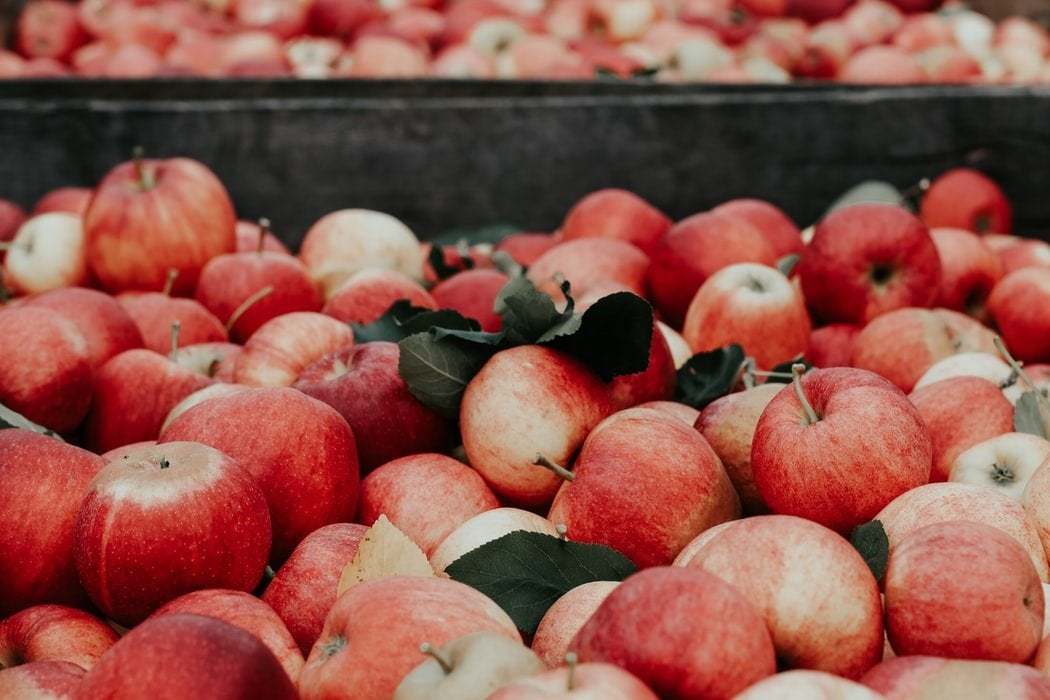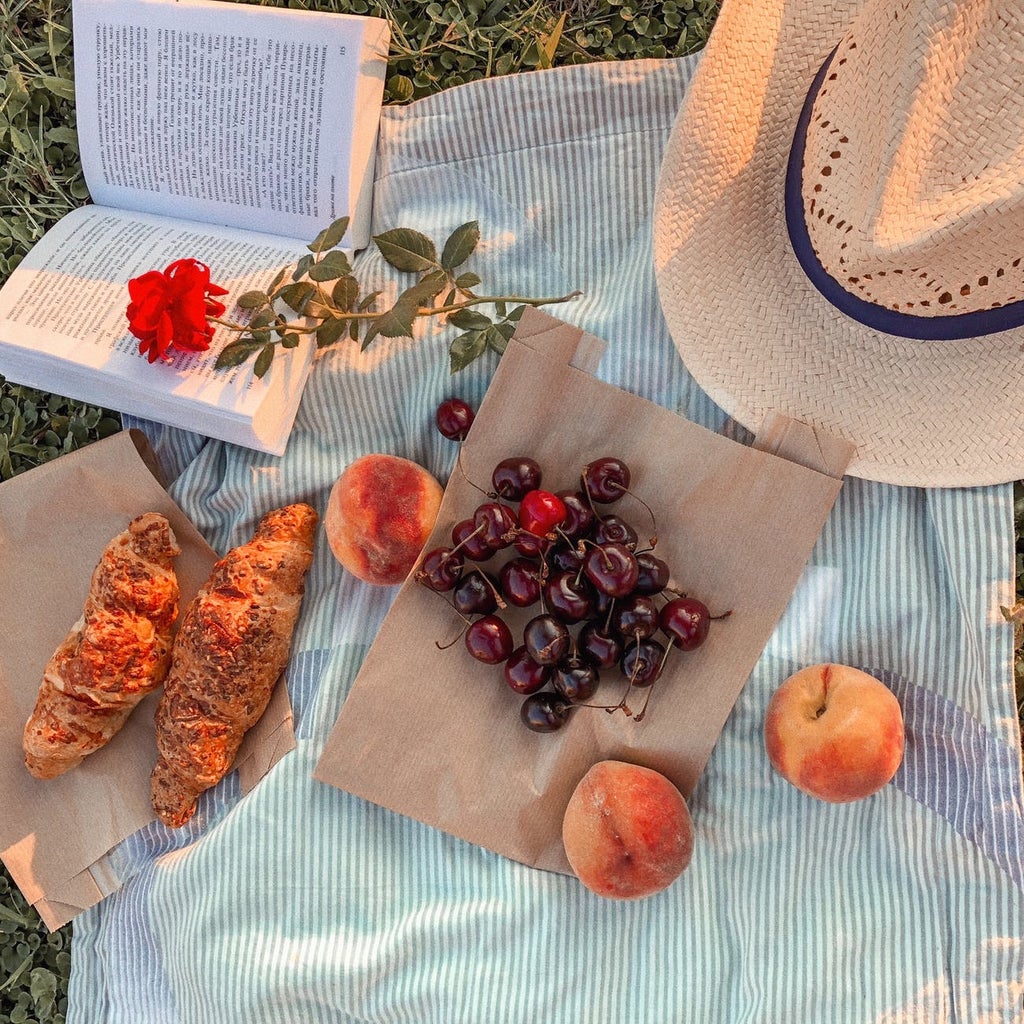“Have you eaten yet?” my mom prompts, as she proceeds to hand me a bowl of bite-sized peach slices.
In Asian culture, it’s common for parents to display their love and affection through food — whether it’s cutting fruit, cooking dinner, or treating a meal as opposed to verbally affirming their love or showing physical affection. Being raised in an Asian family where it isn’t as acceptable or typical to express our emotions to one another conflicted with the cultural values I was taught as an American in schools. In American culture, I grew up being supported and encouraged to openly communicate my feelings rather than suppressing them. Even therapy is suggested for teens and adults so they could have a safe space to bring up repressed emotions. Hence, my identity as an Asian American felt like a tug-of-war in terms of cultural expectations and norms because while I wished for verbal affirmation from my parents, I also knew that it would not come in the form I would expect.
There are many times when all I need is a hug or a verbal affirmation from my parents reassuring me that everything is okay. But for my Asian parents, they had a different way of affirming their love to me; almost always during unexpected moments. My mom would often walk into my room with a full bowl of diced up persimmon, worried that I did not have enough to eat during the day. Now, in college as I live independently in an apartment, she still calls me every so often to check in with what food I am eating and if I had enough food to cook at home. On the surface level, it seemed as though it was merely a kind gesture from my mom, but over time and as I grew older, I noticed that she would do it frequently — almost like a routine but in a genuine and loving way.
In retrospect, my mom asking me if I had eaten enough and serving me fruit slices is her way of saying “I love you.” Though she refuses to say it and primarily demonstrates the emotion through acts of service, it’s unique how she specifically uses food as a fundamental sign of love. As I ponder on this, it brings me to tears while also sparking warmth in my heart because of how endearing and meaningful just a small gesture can be.
As I cut fruit for myself, I am always reminded of my mom and how she would also do that for me without asking. I mistakenly took it for granted when I was young. So as I am older, I want to return the favor for my friends: dicing up fruits for them the way my mom did, as a sign of compassion. Frankly, I never fully appreciated my parent’s unique way of displaying their love for me until I didn’t have that anymore– as I am now living 72 miles away from home. Through a time of reflection during this thanksgiving season, I have learned to be thankful for their small yet meaningful gestures that reaffirm their love.
For those of you who also have Asian parents, what is your parent’s way of cutting fruit for you?




